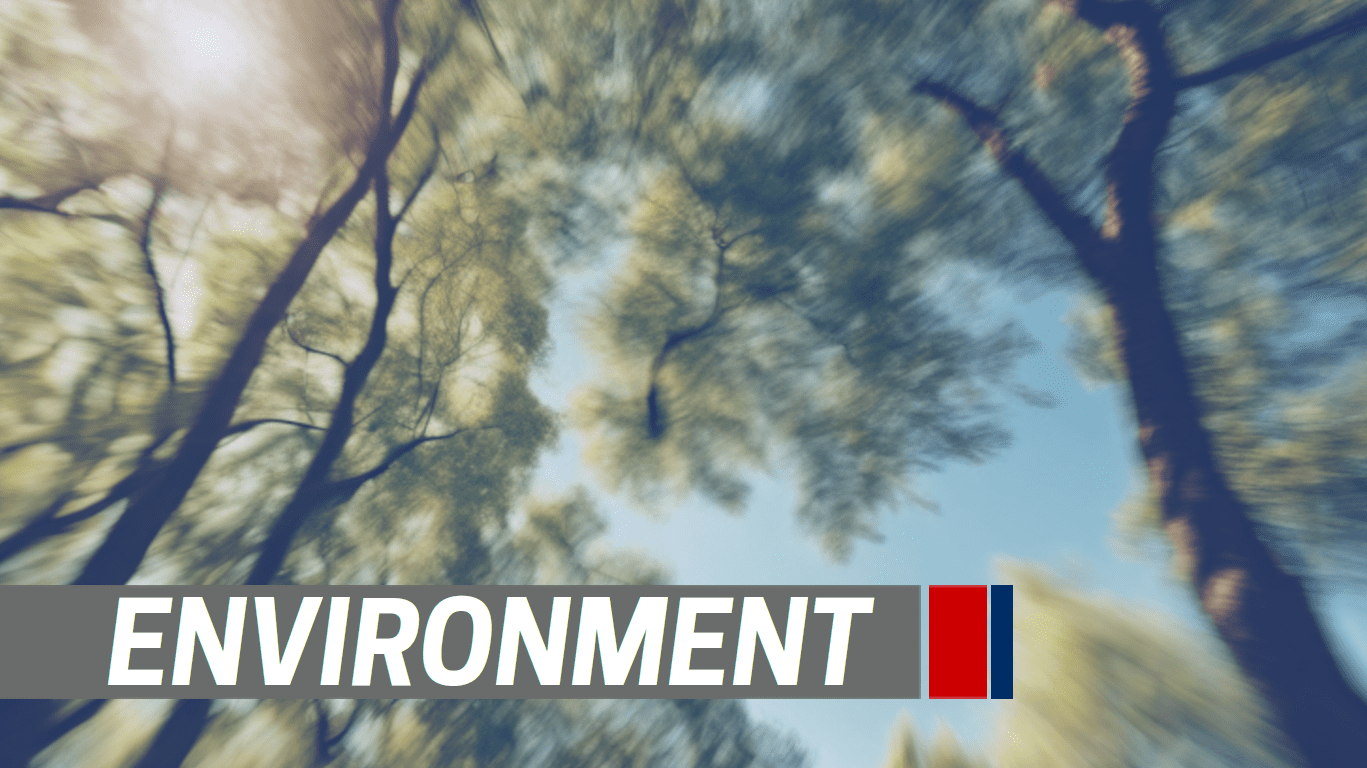The Nashville-Davidson County Metro Public Health Department’s Air Pollution Control Division has issued a draft Exceptional Events Demonstration for the 2023 Canadian Wildfires, which is now open for public comment. This document requests that the Environmental Protection Agency (EPA) agree to exclude specific PM2.5 concentrations from regulatory analyses and the attainment of National Ambient Air Quality Standards (NAAQS) for Nashville. The request pertains to certain days and sites affected by the wildfires, classified as “unusual or naturally occurring events that can affect air quality but are not reasonably controllable” under EPA guidelines.
The draft is available for public review at the Metro Public Health Department, Vital Records Division, located at 2500 Charlotte Avenue, Nashville, Tennessee. Public comments should be directed to Nicole Rondeau via email at nicole.rondeau@nashville.gov, and must be submitted by January 31, 2025. After the public comment period, revisions will be made based on feedback before finalizing the document.
Exceptional events, such as wildfires and high wind dust events, can significantly impact air quality, yet are beyond the control of local, state, or tribal air agencies. The EPA’s Exceptional Events Rule, updated in September 2016, provides criteria for determining whether air quality monitoring data has been affected by such events. This rule applies to all types of exceptional events and NAAQS, ensuring proper evaluation of air quality data and identifying reasonable actions for air quality agencies to mitigate public health impacts without imposing unreasonable planning requirements.
The Nashville MPHDPCD’s request is part of ongoing efforts to manage air quality effectively while acknowledging the uncontrollable nature of certain environmental phenomena. For more information on the Exceptional Events Demonstration, please visit the document link here.
Source: Read Original Release
Nashville’s 2024 Sustainability Achievements
In 2024, Nashville‘s Sustainability Division and General Services Department made significant strides in sustainability through initiatives in Design/Build, Energy, Waste, Mobility, and Water. Notable projects include the Donelson Branch Library and Strobel House, both aiming for LEED® Gold certification. The city implemented solar energy solutions, expanded composting programs, increased electric vehicle infrastructure, and improved stormwater management. Community engagement and education were also key components of their success. For further details, you can explore these resources: Nashville Library Services, Real-time Solar Generation, and Compost Company.


